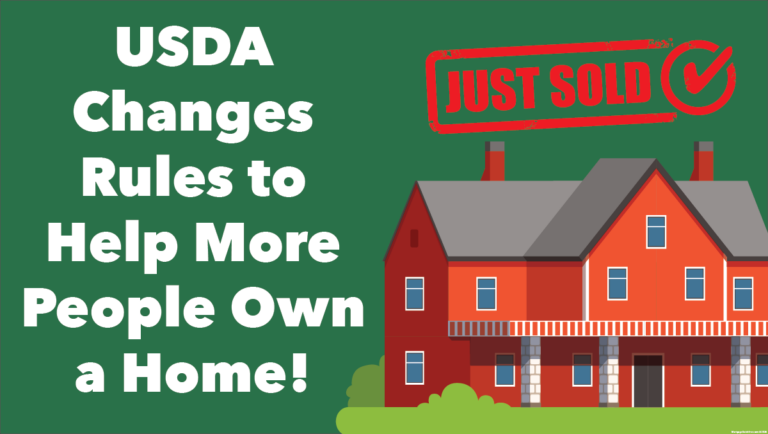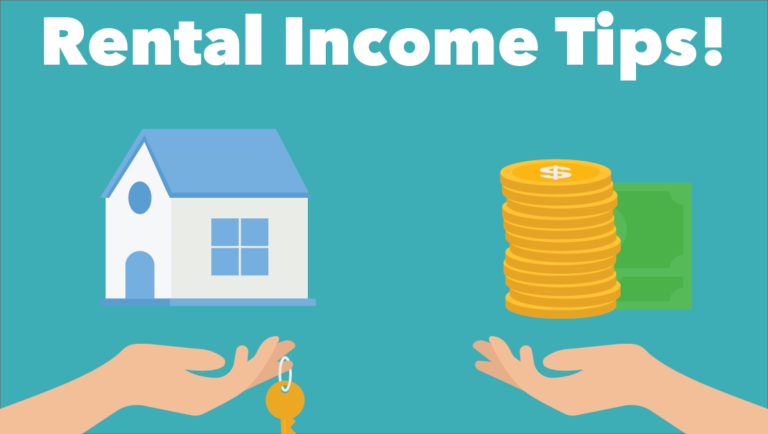

![When buying a home, will time spent in college or trade school be considered part of my work history? Yes, most programs available to finance your new home consider the time spent pursuing additional education for your field of work. Lenders typically seek at least a 2-year work history [including education], but there may be exceptions to that as well. Additionally, there are variances in the guidelines as to how they apply to your situation, so it’s important to talk to your lender first!](https://my.mortgagecurrentcy.com/wp-content/uploads/2024/06/Job-Gaps-and-Education-768x434.png)


A subscription is required to access this content—please view our available subscription options. If you are a current subscriber, please log in.

A subscription is required to access this content—please view our available subscription options. If you are a current subscriber, please log in.
![When buying a home, will time spent in college or trade school be considered part of my work history? Yes, most programs available to finance your new home consider the time spent pursuing additional education for your field of work. Lenders typically seek at least a 2-year work history [including education], but there may be exceptions to that as well. Additionally, there are variances in the guidelines as to how they apply to your situation, so it’s important to talk to your lender first!](https://my.mortgagecurrentcy.com/wp-content/uploads/2024/06/Job-Gaps-and-Education-768x434.png)
A subscription is required to access this content—please view our available subscription options. If you are a current subscriber, please log in.

A subscription is required to access this content—please view our available subscription options. If you are a current subscriber, please log in.